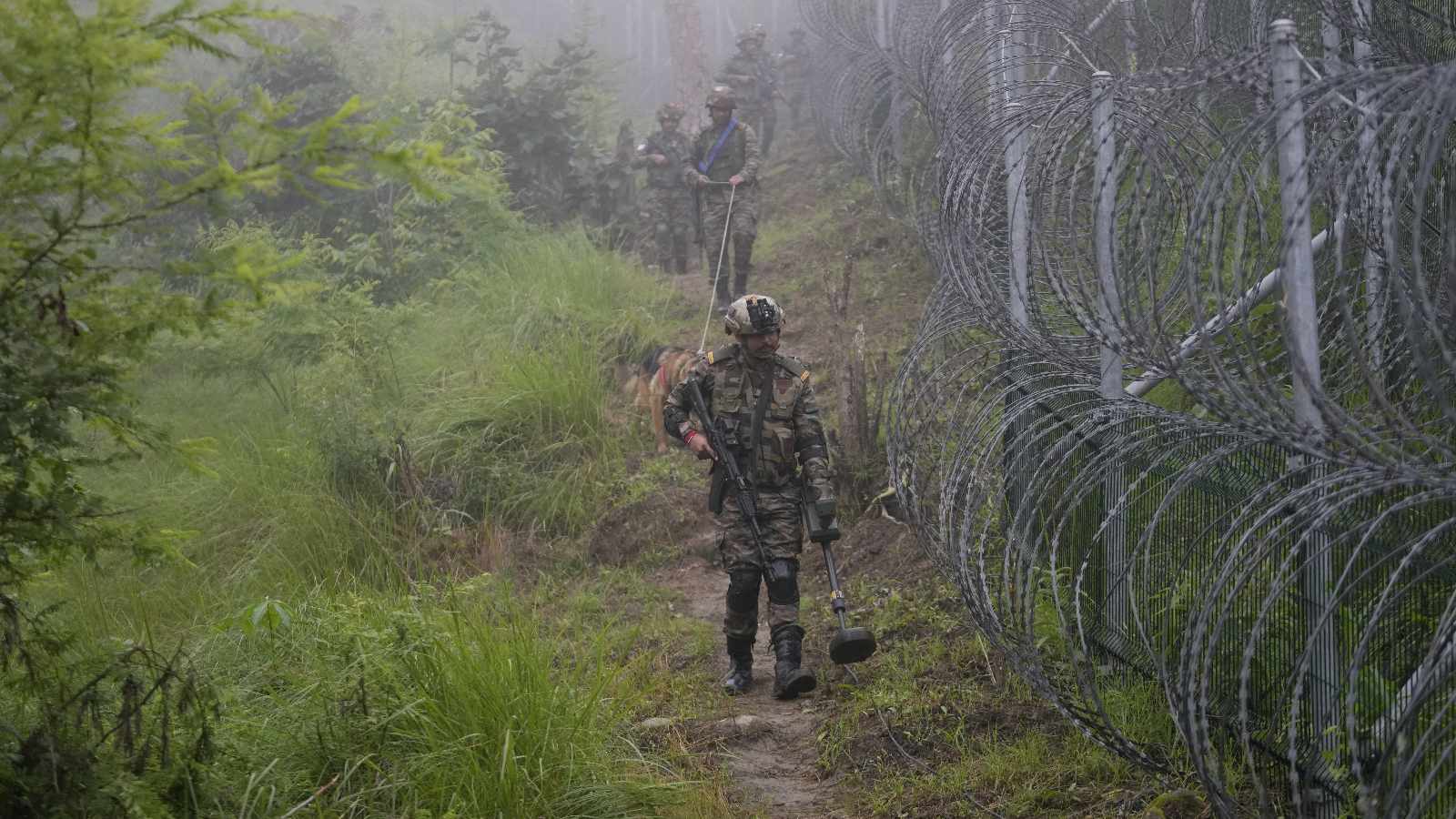It is that time of the year again when a tricolour is seen in every nook and corner of the country with everyone, from toddlers to senior citizens, taking pride in celebrating Independence Day. However, the same zeal is not to be seen in the nation’s first BIS-recognised khadi flag manufacturing unit at Bengeri in Hubballi, as flag sale has dropped for the fourth year in succession. This year, sale of flags has been reduced to just a quarter of the previous year.
Polyester reigns
Despite the hype over the ‘Har Ghar Tiranga’ campaign, sales at the BIS recognised national flag manufacturing unit, which functions under Karnataka Khadi Gramodyog Samyukta Sangha (KKGSS), Bengeri in Hubballi, are dwindling thanks to the amendment made to the Flag Code allowing ‘polyester flags’, and the general shift towards the cheaper flags.
The Union Government made the amendment to the National Flag Code of India just before the announcement of ‘Har Ghar Tiranga’ campaign to mark the platinum jubilee celebrations of India’s independence in 2022, allowing production of national flags using polyester cloth.
Prior to 2022, the flag code allowed the use of only khadi cloth. KKGSS has been manufacturing BIS recognised national flags since 2004.
“Last fiscal, KKGSS had sold flags worth ₹1.8 crore, which was lower compared to the previous years. This year, the number has gone down further. We have sold flags worth just ₹50 lakh till date. We contacted every single khadi sangha that placed bulk orders with us. But they too are helpless, as they have unsold stock,” Shivanand Mathapathi, Secretary of Samyukta Sangha (KKGSS), told The Hindu.
No more bulk orders
KKGSS used to get bulk orders from across the nation. But the ‘Har Ghar Tiranga’ campaign and the amendment to the flag code have actually taken away the advantage that khadi units had. According to BIS standards, the flag unit is required to manufacture only nine sizes of national flags, but not the size of flag mentioned in the campaign. Added to this, the polyester cloth flags are cheaper.
In all, around 1,200 persons, mainly women, are involved in the national flag manufacturing and khadi work in khadi units spread across the districts of Dharwad and Bagalkot. The khadi cloth used for making the flag comes from 21 villages in Bagalkot district, and final production happens at Bengeri.
“We manufacture in anticipation of orders. As of now, we have a stock of flags worth ₹2.5 crore. If the same situation continues, we will be forced to stop production, rendering our employees jobless,” Mr. Mathapathi said.
Plea of workers
The plea of khadi workers and activists is that the amendment to the flag code be repealed, and it should be made mandatory for government institutions to purchase only khadi flags. However their plea seems to have fallen on deaf ears.
When the flag code was amendment, the then Union Minister for Parliamentary Affairs and the present minister for Consumer Affairs Pralhad Joshi had termed it a temporary measure to cater to the huge demand for flags on account of the ‘Har Ghar Tiranga’ campaign. But, even after four years, this ‘temporary measure’ is still in place.
History of KKGSS
KKGSS was established on November 7, 1957 by a group of Gandhians and khadi activists led by Venkatesh Magadi, and others. Spread over an area of 17 acres, KKGSS was thriving at one point of time with 58 khadi sanghas working under it. The establishment of the national flag manufacturing unit, and its subsequent recognition by Bureau of Indian Standards (BIS) in 2004, had brought the smile back on the faces of khadi activists and workers. But the amendment to the flag code is snatching away their smile slowly.



.png)
.png)
.png)
















 1 hour ago
2
1 hour ago
2










 English (US) ·
English (US) ·